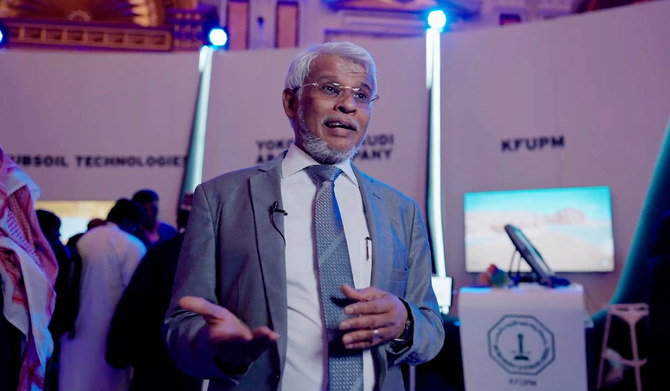COLOMBO: When Sri Lankan Naseer Ahamed arrived in Saudi Arabia in 1983 to perform Umrah he had no idea that an article in Arab News was about to change the course of his life.
Now a government minister, Ahamed was just 22 at the time and still considering his career options. His brother, who was working in Jeddah, encouraged him to stay on in the Kingdom as the Hajj season was about to start and he would be able to perform the full pilgrimage.
Around the same time, Ahamed read an article in Arab News about King Fahd University of Petroleum and Minerals — one of the best educational institutions in Saudi Arabia — and how it was offering scholarships to foreigners.
He applied immediately.
“Since I was good at science subjects, I applied for an electrical engineering degree,” Ahamed said. “I applied from Jeddah and by the time I returned to Colombo, I saw a letter waiting for me from KFUPM. It was the notice of my selection to the electrical engineering course.
“I was asked to prepare my travel documents right away. They even sent my air ticket, and board and lodging were provided.”
Before long he was in Dharan and mixing with some of the best students from across the Kingdom and around the world.
“Those were the golden days of my life,” Ahamed said. “We had fun as youths and worked hard under well-known professors.”
One of the things that really brought the students together was that they were required to live on campus in dormitories, regardless of their background or status, he said.
“No student was allowed to stay out, even if they came from a royal family.”
After graduating, many of his contemporaries went on to successful careers in business and politics.
Ahamed returned home and in the 1990s entered politics as a member of the Sri Lanka Muslim Congress. He served as an adviser to President Mahinda Rajapaksa from 2005-09 and as chief minister of Sri Lanka’s Eastern Province from 2015-17.
In April last year, Ahamed was appointed Minister of Environment and head of Middle Eastern affairs.
Forty years on from that fateful visit, he said we was still grateful to KFUPM and Arab News for opening the door to his professional life.
“I am thankful to KFUPM for what I am today,” he said. “Even at the time Arab News was my favorite newspaper … (it) gave me an opportunity to apply for the course, and I gratefully remember this experience.”
















